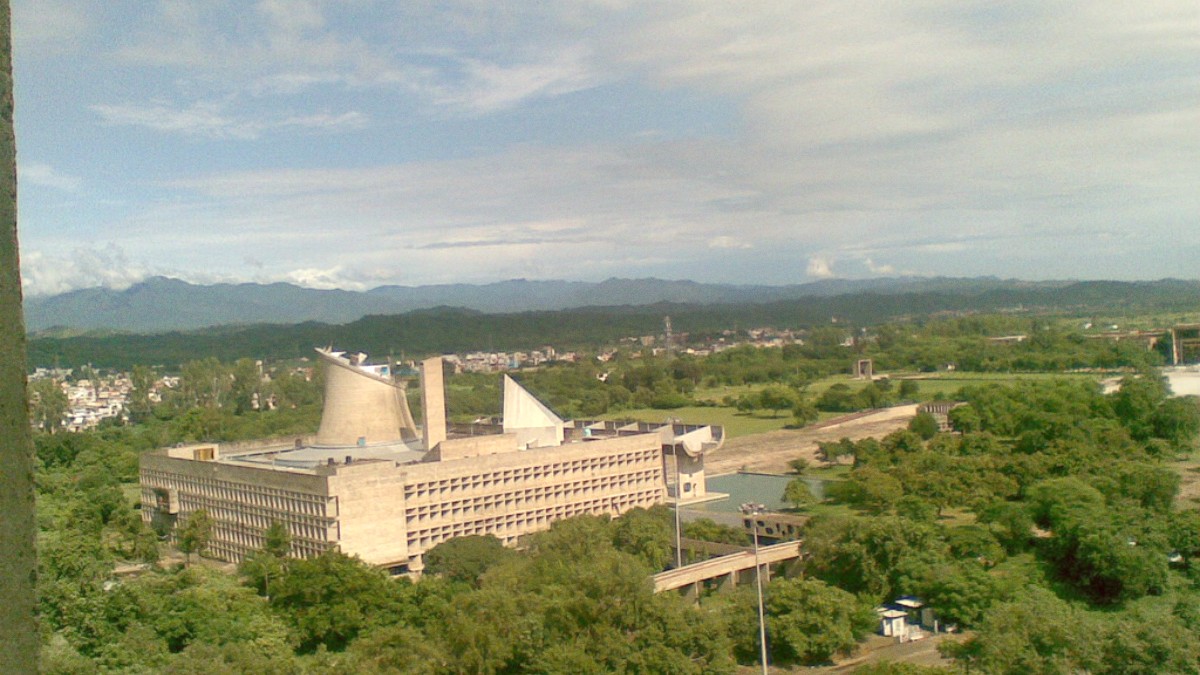
Punjab And Haryana, India
A Ramsar site important for migratory birds. Visitors follow all park rules and designated paths, avoiding wildlife disturbance.
General efforts to promote tree planting and sustainable agriculture unfold across Punjab, contributing to environmental health.
Seek accommodations prioritizing waste reduction and energy efficiency. EcoBnb lists sustainable options.
Awareness of local practices helps reduce your environmental footprint.
Waste management poses a challenge. Littering occurs in many areas. Recycling infrastructure presents limits outside major city centers.
Punjab faces groundwater depletion from intensive agriculture and increasing population.
Address your flight emissions through contributions.
Conscious choices lessen environmental impact.
Locate accommodations prioritizing ecological practices for your visit.
Find EcoBnbSupport projects that curb greenhouse gas emissions to offset your travel footprint.
Offset Your FlightTravel responsibly, minimize your impact, and contribute to Punjab's natural preservation.
Interact respectfully with locals and their traditions.
Efforts maintain Punjab's rich heritage.
Simple gestures show deference to local norms.
Observe guidelines to maintain respectful interactions while capturing memories.
Always ask for permission before taking photos of individuals. Respect privacy.
Avoid intrusive photography. Be sensitive to people's privacy and comfort.
Do not take photos in military installations or sensitive border areas. Follow all signs.
Your visit can directly uplift local economies.
Homestays or farm stays directly benefit local families and communities, giving authentic experiences.
Participate in tours or activities connecting you with local artisans or small businesses, not large chains.
Ensure your money stays within the local economy by supporting community-based initiatives.
Be wary of touts or individuals aggressively pressuring you to buy specific goods or services. Politely decline if uncomfortable.
Avoid giving money directly to beggars, especially children, which can perpetuate dependency. Support established NGOs.
If you wish to contribute, support established NGOs or charitable organizations. Research them before donating to ensure effective work.